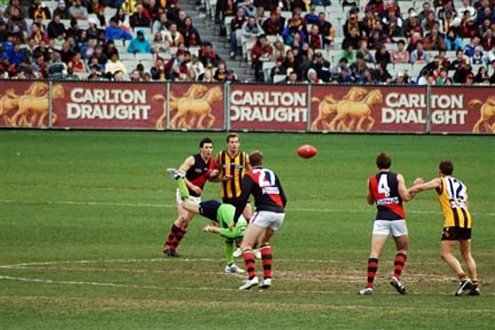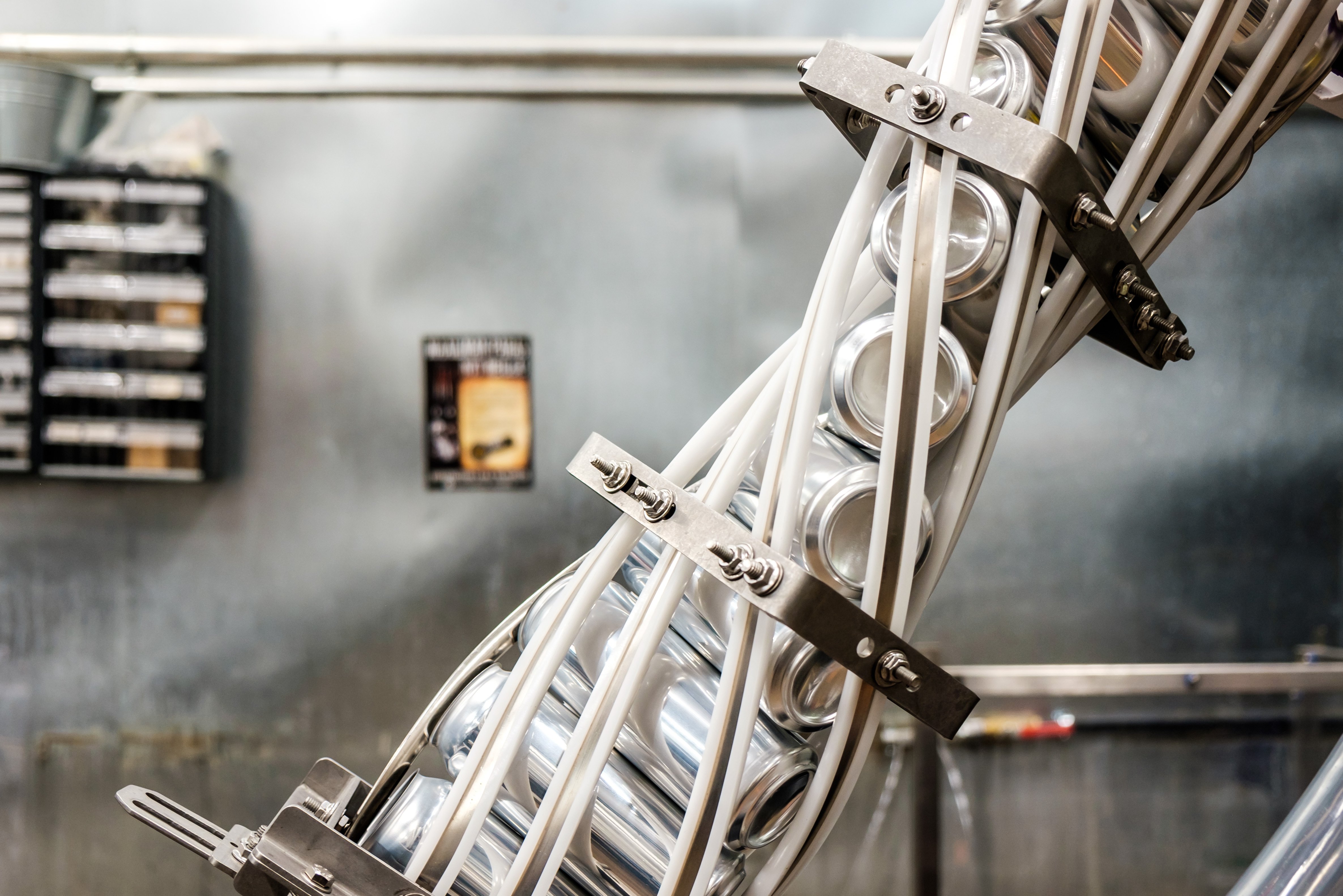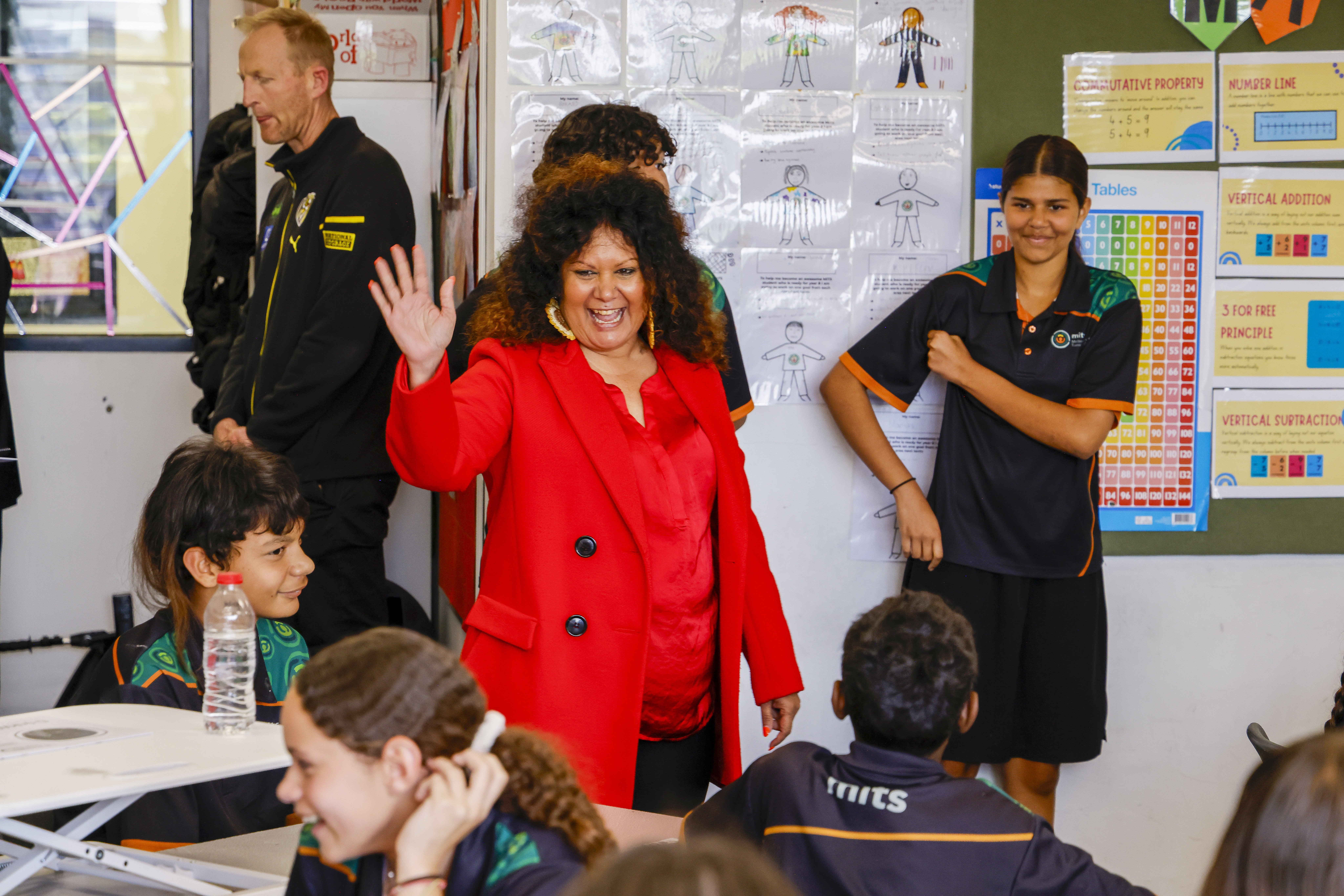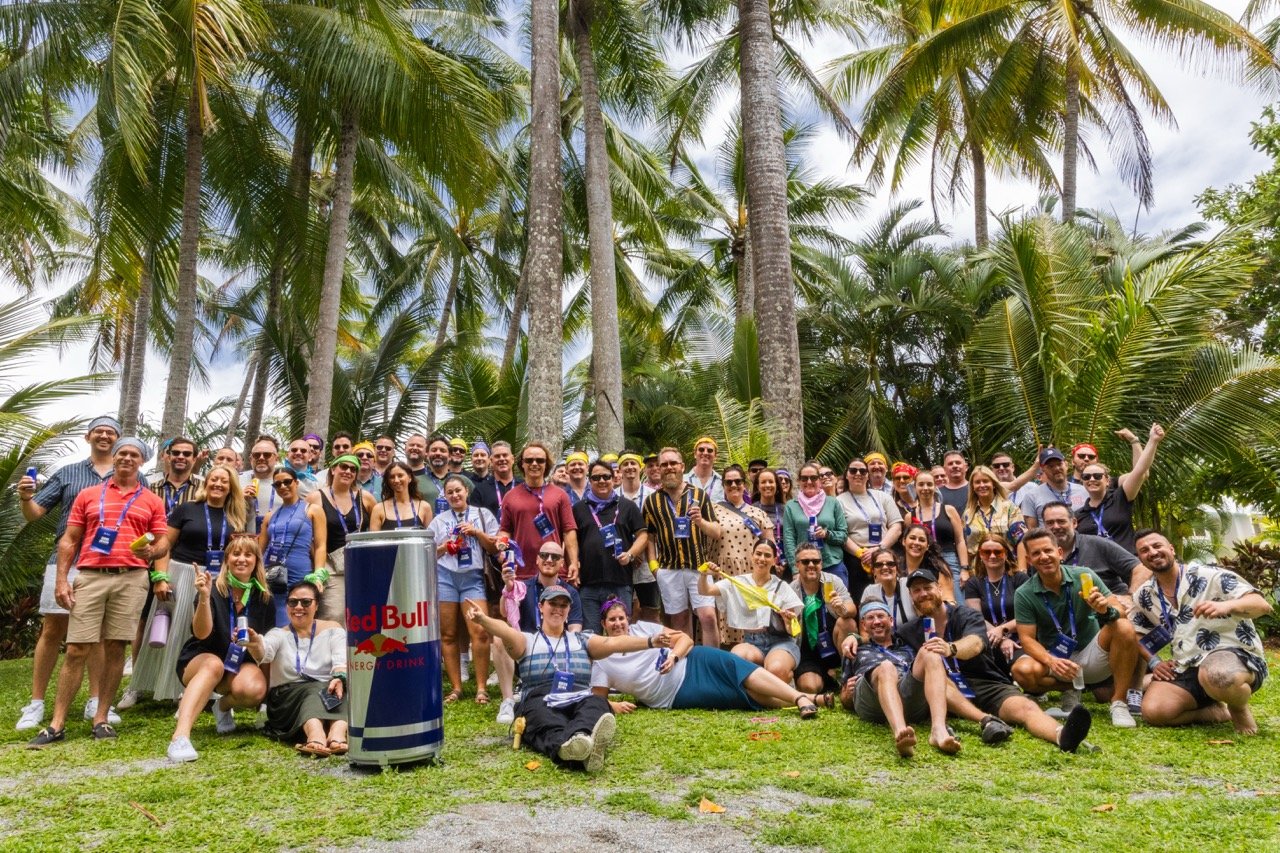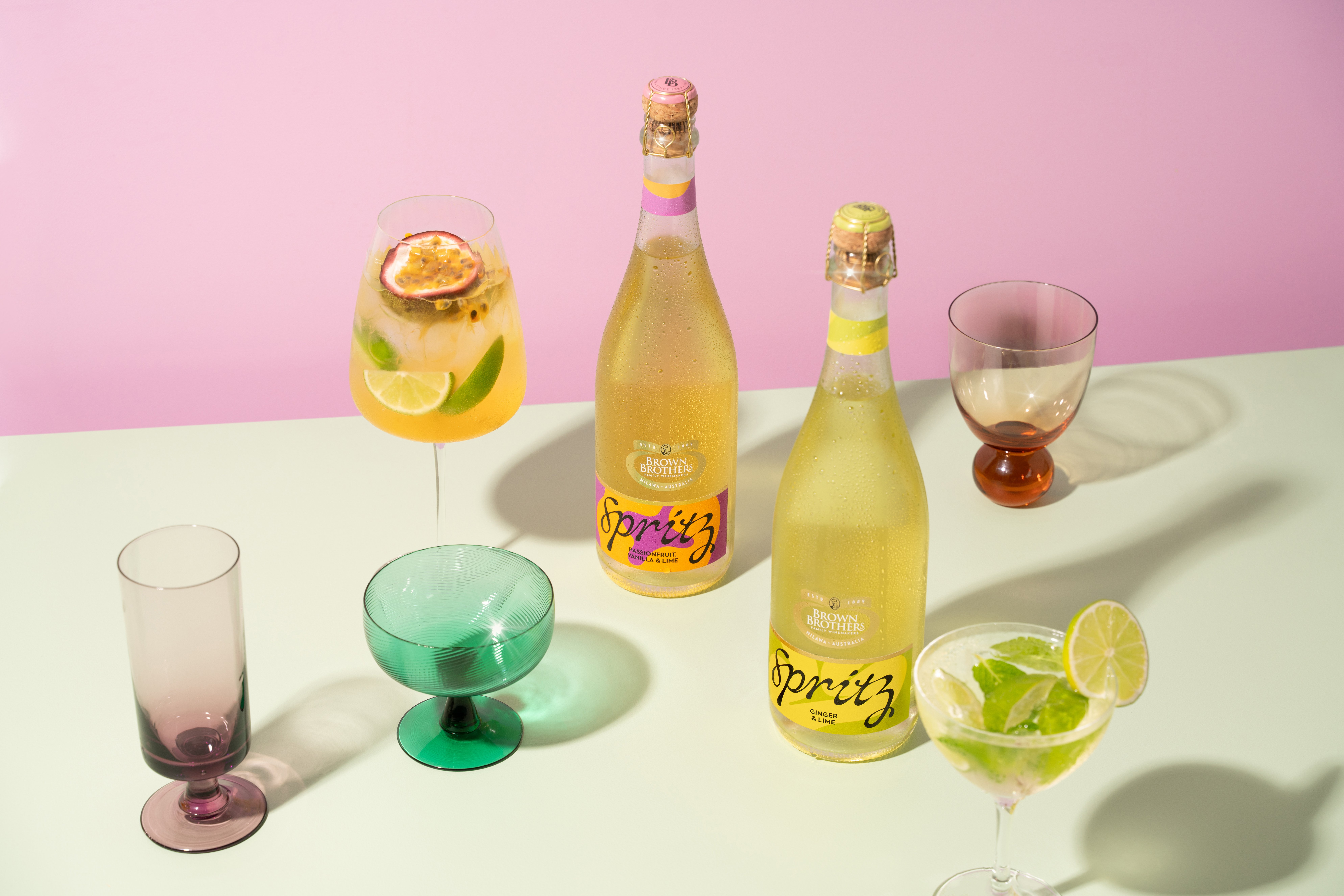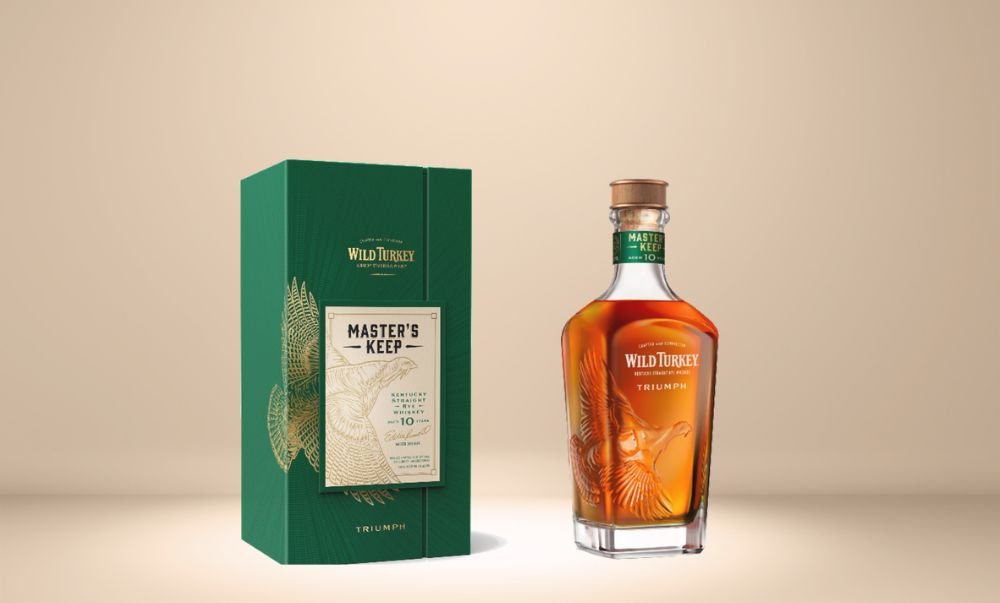Science journal Addicition has called for a global ban on alcohol advertising during live sports, saying it's damaging young people.
A supplement funded by Alcohol Research UK and the Institute of Alcohol Studies contains 14 new reports that suggest current controls “appear ineffective” in blocking the association between youth exposure and subsequent drinking.
AdNews notes: "Australia operates a strict self-regulation environment for alcohol advertising, which all major advertisers sign up to, however this is being called into question. Australian advertisers are governed by the The Alcohol Beverages Advertising Code (ABAC) Responsible Alcohol Marketing Code, which complements Australian legislation, the AANA Code of Ethics and media-specific codes relevant to the placement of marketing.
"The ABAC code has specific terms relating to responsibility towards minors, and ads may not appeal to minors; depict a minor or an adult under 25.
"The reports call for governments around the world to strengthen alcohol advertising regulations and believes alcohol advertising should be statutory and enforced by a public health agency."
Chris Brookes of the UK Health Forum, says: “Governments have previously approved self-regulatory measures on alcohol advertising; however, we can no longer say that they might work to protect our young people – they don’t. In a literature review of more than 100 studies, none were identified that supported the effectiveness of industry self-regulation programs.”
Alcohol Beverages Australia executive director Fergus Taylor hit back in a statement issued to AdNews: “Anti-alcohol activists have been trying for years to blame alcohol advertising as the cause of underage drinking, but the inconvenient truth for them is this claim is simply not supported by official data.”
“The suggestion current controls in place are ineffective and that further regulation is needed in Australia to curb underage drinking are wrong. Current regulations to protect children are highly effective, and there is compelling data to support this. Underage drinking is in steady decline across the country and has been for some time. The fact that this decline has occurred during a period of increased alcohol advertising is a clear indication that regulations in place work, and work well.”
He outlined the “vigorous and successful” regulation of alcohol advertising in Australia, including robust guidelines, codes of ethics, state and territories licensing as well as a responsible drinking initiative DrinkWise which the industry fully supports.
“Without question, continuing downward trends in underage drinking is an important national responsibility, requiring a combination of education and strict enforcement on underage sales, and the alcohol industry is committed to ensuring this continues to occur.”
A spokesperson for the AANA agreed, saying: “All the available evidence shows that responsible advertising neither causes people to drink to excess nor does it contribute to the problem of underage drinking. In both cases, peer norms and parental example are by far the greatest influences on when and how young people drink.”
There have been recent moves to curtail alcohol advertising in Australia.
Fears were expressed in August that a ban on alcohol advertising on public transport in South Australia would extend nationwide.
Fergus Taylor told AdNews he was concerned the vilification of alcohol ads had begun.
“The health advocacy industry needs a dragon to slay or their money dries up,” he said. “It’s concerning because after alcohol, it will go after sugar and fatty foods. Then it will move from outdoor, to radio to TV.
“What’s concerning about the decision by the SA government is it seems to be based on flimsy information from the Alcohol Review Board, which was created by the anti-alcohol movement. They aren’t supported by the government and they aren't transparent. They try to demonise alcohol as a product and make responsible drinkers ashamed.”
Outdoor Media Association CEO Charmaine Moldrich said: “The proposed ban is very disappointing as there has been no consultation with the industry on the issue and the decision to ban is based on the recommendations of the Alcohol Advertising Review Board (AARB), which is a self-appointed group against all alcohol advertising.
“This ban has been proposed without providing research to demonstrate that it will be of benefit to the community and without consultation with the industries that will be impacted.”
A Diageo spokesperson added: “Instead of banning advertising on buses, the SA government should instead look at education and awareness of the risks associated with underage drinking. These are proven measures which have led to a significant decline in underage drinking over the last 15 years."
The move in South Australia follows the ACT government announcing in 2015 that it planned to stop alcohol, junk food, gambling and weapons being advertised on Canberra’s ACTION buses.
Minister for Territory and Municipal Services Shane Rattenbury said the ban was prompted because a significant number of passengers were school children.
Rattenbury told The Canberra Times he had taken the decision to restrict advertising for products or industries that are "either damaging to the health of the population or environment or that promote weapons."
The ban has yet to proceed.
Share the content
